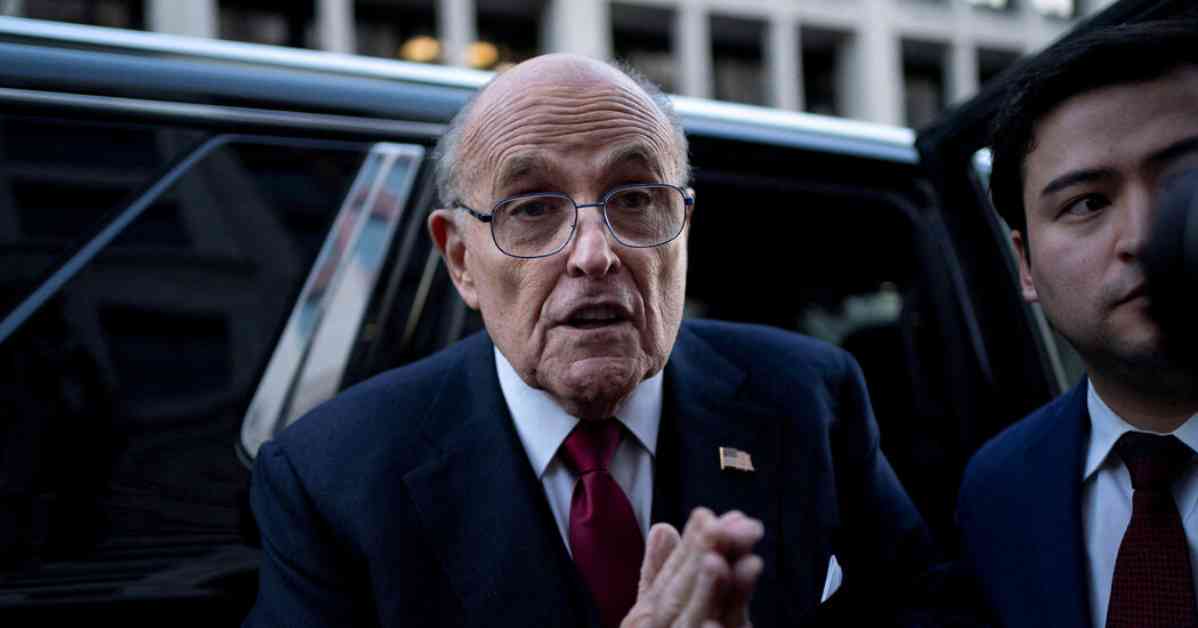Rudolph W. Giuliani, the former mayor of New York City and personal lawyer to former President Donald J. Trump, recently had his bankruptcy case dismissed by a federal judge. This means that Giuliani is no longer protected by the Chapter 11 bankruptcy code, leaving his assets vulnerable to seizure and sale by creditors.
Giuliani filed for bankruptcy protection in December after being ordered to pay $148 million to two Georgia election workers he defamed following the 2020 election. In total, he owes approximately $153 million to 20 individuals and businesses. While filing for bankruptcy initially shielded him from creditors and lawsuits, it also required him to disclose his assets and business details, which he failed to do.
The bankruptcy judge overseeing the case, Sean H. Lane, cited Giuliani’s failure to meet reporting obligations and provide financial transparency as reasons for the dismissal. Now that his creditors are free to pursue his estate, Giuliani owes money to at least 20 different parties, with Ruby Freeman and Shaye Moss being the primary creditors due to the court judgment against him for defamation.
Giuliani’s dismissal from bankruptcy court raises questions about what comes next for him financially. Without the protection of Chapter 11, his assets are at risk of being seized and sold to repay his debts. It is essential for him to address his financial obligations and work towards resolving his outstanding debts to avoid further legal action from creditors.
This turn of events serves as a cautionary tale about the consequences of financial mismanagement and the importance of meeting legal obligations. Giuliani’s case highlights the potential repercussions of failing to comply with bankruptcy requirements and the impact it can have on one’s financial stability and reputation. As he navigates this new chapter post-dismissal, Giuliani will need to prioritize addressing his debts and working towards financial recovery to avoid further legal and financial consequences.




